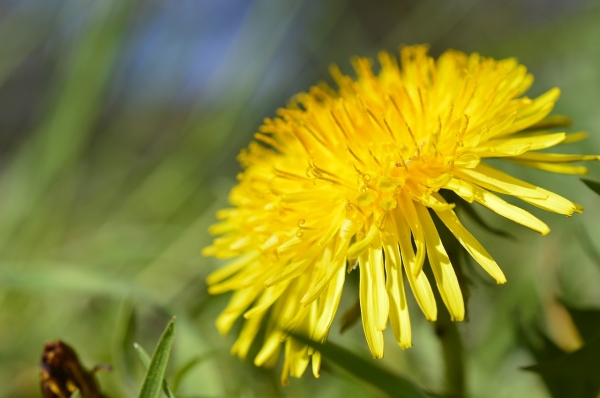A few years back, a group of weed scientists showed that soil-applied herbicides are less effective against agricultural weeds in the context of our changing climate. Now, the same research group, led by the USDA Agricultural Research Service and the University of Illinois Urbana-Champaign, has shown the same is true of post-emergence (POST) herbicides.
Mining a 30-year database from 16 Extension weed science programs (including Illinois Extension) across the U.S. Corn Belt, the researchers found variable weather significantly reduces the effectiveness of three leading POST herbicides against major weeds affecting corn and soybean. And if farmers can’t adequately control weeds with PRE or POST herbicides, corn and soybean yields — and global food security — will suffer.
“Weather doesn’t just matter in the hours after POST application, as other studies have shown. Our analysis showed air temperature and precipitation were linked with herbicide effectiveness days before and after application for the products and weeds we studied,” said Chris Landau, postdoctoral researcher for USDA-ARS and first author on the paper. “With the sheer amount of data we analyzed — thousands and thousands of data points, including a broad range of weather conditions over 30 years — we were able to characterize the effects of weather on POST herbicide efficacy on a much broader range of environments than previous studies.”
Read more at: University of Illinois Urbana-Champaign
Photo Credit: Peggychoucair via Pixabay
Sci/Tech Top Stories Climate Agriculture

